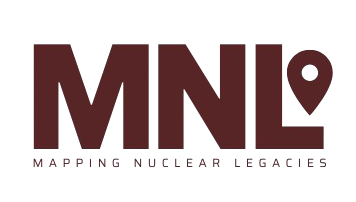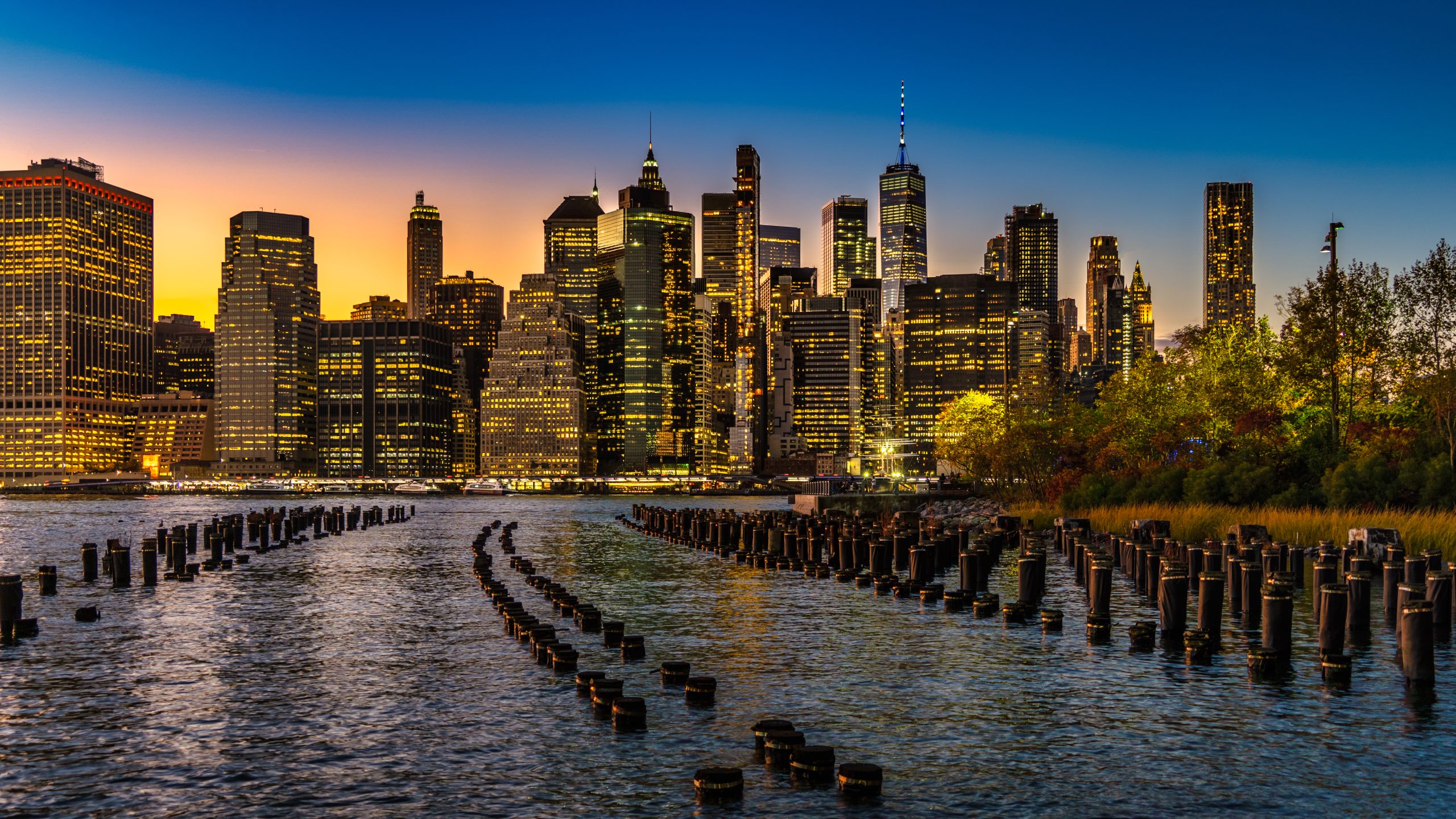Table of Contents
- Introduction
- News, and Other Relevant Links
- Related Organizations and Resources
- Featured Resolutions
New York City is home to key sites that have served as venues for discussions, negotiations, and demonstrations, in addition to key advocacy groups.
New York City has served as a prominent player in the nuclear disarmament movement within the United States, serving as a centrale for activism, legislation and public demonstration. The city’s engagement with nuclear issues dates back to 1983 when it became a Nuclear Weapons Free Zone with the adoption of Resolution 364, a year after a protest of over one million people calling for an end to nuclear weapons took place in Central Park. This resolution, prohibiting the transport, storage, and deployment of nuclear weapons within the city’s limits, set a precedent for future actions.
In recent years, these actions have taken the form of two significant legislative efforts. In 2019, City Council Member Daniel Dromm introduced Resolution 0976-2019, calling for the divestment of public employee pension funds from companies maintaining ties with weapons maintenance and production. The resolution also urged the City to join the International Campaign to Abolish Nuclear Weapons (ICAN) Cities Appeal, a global campaign for cities and towns to express their support of the UN Treaty on the Prohibition of Nuclear Weapons, aligning with the ongoing global movement to better adhere to the treaty.
Passed at the same time, proposed Introduction 1621-2019 aimed to establish an advisory committee to examine nuclear disarmament issues and reinforce the city’s commitment to acting as a Nuclear Weapons Free Zone. However, this proposal was returned unsigned by the mayor in 2022.
Beyond legislation, New York City is home to key sites that have served as venues for discussions, negotiations, and demonstrations, in addition to key advocacy groups. These include the New York Campaign to Abolish Nuclear Weapons (NYCAN) and the New York chapters of Physicians for Social Responsibility and Beyond the Bomb.
News, and Other Relevant Links
Nuclear-free NYC: How New Yorkers are disarming the legacies of the Manhattan Project
Bulletin of Atomic Scientists (2024)
New York City joins ICAN Cities Appeal
ICAN (2021)
Related Organizations and Resources
Featured Resolutions
Public Meeting Summaries
RESOLUTIONS
Resolution 0976-2019
JUNE 26, 2019
Introduced by City Council Member Daniel Dromm June 26, 2019, Resolution 0976-2019 calls on the New York City Comptroller to divest public employee pension funds from companies with ties to nuclear weapon maintenance and production, reaffirm the City as a Nuclear Weapons Free Zone, and join ICAN Cities Appeal on behalf of New York City, as well as to encourage the broader United States government to do so.
Introduction 1621-2019 is a local law proposed for the City of New York that would create an advisory committee for the examination of nuclear disarmament and issues that reaffirm New York City as a Nuclear Weapons Free Zone. Dromm introduced this law proposal at the same time as Resolution 0976-2019. However, as of 2022, it was returned unsigned by the Mayor, who at the time was Mayor Eric Adams.
The remote New York City Council Committee of Civil Service and Labor hearing was held virtually on Zoom on December 8th, 2021. Then-councilmember and Committee Chair Ira Daneek Miller spoke after Sergeant at Arms John Biondo opened the meeting, providing introductory remarks for Resolution 0976-2019 and Intro 2454-2021 – a separate bill regarding the New York City Collective Bargaining Law. Miller, also the Intro’s sponsor, spoke about its ramifications before introducing City Council Member and Resolution 0976 sponsor Daniel Dromm. Before opening a vote, Miller granted Dromm’s pre-arranged request to comment on the resolution and acknowledged of the bill that Dromm had “waited so long to see come to fruition.”
In his statement, Dromm expressed a desire for the Committee to “take a resounding step toward a nuclear weapons-free world.” He proceeded to cite New York City’s move earlier in the year to divest several of its pension funds from fossil fuels and lauded it, but expressed disappointment that the city “neglected the biggest environmental and existential threat of all.” In addition to further emphasizing the bill’s importance and urging for votes in favor, Dromm also said that as he was speaking, Catholic Church representatives were preparing to present a formal case of Dorothy Day for sainthood to the Vatican, before talking more about Day’s dedication to achieving a nuclear-free world. Day was an activist and Catholic who helped aid the poor, educate others and fight for reform. Dromm proceeded to mention that Day’s granddaughter testified at a committee hearing the previous year, and that Mayor Bill de Blasio christened a Staten Island Ferry in Day’s honor.
Dromm called for the bill as a means of honoring Day, but also the “living saints and peacemakers amongst us” who helped with the bill: Kathleen Sullivan, Matthew Bolton, Seth Shelden, Robert Croonquist “and all of the individuals who supported this effort.” He next acknowledged the 2017 Nobel Peace Prize for nuclear-free efforts.
Dromm expressed special recognition for human rights activist Brendan Feng and acknowledgments for Pat Chan Miller and the council staff who worked on the efforts. He finally expressed appreciation for Comptroller elect Brad Lander for his willingness to work with experts and advocates.
Miller thanked Dromm for his statement and spoke about his position as a co-sponsor for the resolution before calling for a roll call.
Miller – Aye on all
CM Rosenthal – Aye on all
CM Adams – Aye
CM Moya – Aye
CM Louis – Aye
CM Dinowitz – Aye
CM Ulrich – Aye
7 affirmative – 0 negative, both items adopted by Committee
Miller closes and acknowledges that CM Moya joined as well. Thanks everyone and adjourns the meeting at 12:17 p.m.
The remote New York City Council Committee on Governmental Operations hearing was held virtually on Zoom on December 8th, 2021. Then-Councilmember and Committee Chair Fernando Cabrera spoke after Sergeant at Arms John Biondo opened the meeting, thanking the present councilmembers and introducing the three pieces of legislation to be voted on during the meeting: proposed introduction 1621a, 1867a (non-citizen voting) and 2459a (information privacy). Cabrera described 1621a, sponsored by councilmember Dromm, as a bill that would establish a command to examine the city’s position on nuclear disarmament and issues related to recognizing the city as a Nuclear Weapons Free Zone. Said committee would consist of seven members, three of whom would be appointed by the speaker and four of whom, including the chairperson, would be appointed by the mayor. The advisory committee would be required to meet at least four times a year and produce an annual report summarizing its findings and conclusions, dissolving upon the submission of its fifth annual report.
Cabrera then thanked the present bill sponsored for their leadership with their respective bills, committee staff and his legislator, director Clark Peña.
Cabrera proceeded to invite Dromm to speak about his bill. Dromm began by congratulating councilmember Oswald Feliz for his first bill, 2459a and councilmember Ydanis A. Rodriguez for moving forward 1867a.
Dromm began by citing the earlier approval vote of Resolution 976 from the Committee of Civil Service and Labor, referring those present to those remarks while also highlighting key points of the proposed 1621a. Dromm began with the bill’s requirement of the city to convene an advisory committee on nuclear disarmament and a nuclear free zone chaired by an agency or an office head. He then outlined a requirement for the committee to be composed of six experts on disarmament policy and advocacy. The responsibility of the group, as stated before, would be to analyze the city’s stance on nuclear weapons and draft a resolution declaring support for the city to remain a nuclear weapons free zone. The committee would also be involved in outreach and education, details of which would be detailed in the culmination of the five years’ worth of reports.
Dromm then acknowledged advocates who advocated for 1621a: Kathleen Sullivan, Matthew Boulton, Seth Shelden, Robert Croonquist and other supporters of the effort. Dromm also expressed special recognition for human rights activist Brendan Feng, with whom he discussed ideas for supporting nuclear disarmament and Irish Council General Helena Nolan, the lead negotiator of disarmament in the United Nations.
Cabrera thanked Dromm for his work, and councilmember Rodriguez speaks about 1867. Councilmember Yeger and Menchaca provide comments, with Yeger voicing opposition. Afterward, Committee Clerk William Martin commenced roll call, denoting that all three items were coupled.
All present except for Yeger, who voted to abstain, voted in favor of 1621. The bill was adopted.
CM Cabrera – Aye
CM Diaz – Aye
CM Kallos – Aye
CM Levin – Aye
CM Powers – Aye
CM Rodriguez – Aye
CM Yeger – Abstain
CM Maisel – Absent
CM Perkins – Absent
Yeger voiced disagreement for 1621a, citing he would have voted in favor if the bill only proposed a committee. He says he does not believe banning nuclear weapons falls within the jurisdiction of the city.
Cabrera thanked everyone and adjourned the meeting.
RESOLUTIONS
Resolution 364
APRIL 26, 1983
Prior to Resolution 0976-2019 was Resolution 364. The bill, adopted on April 26, 1983, called upon the New York City Council to “prohibit the production, transport, storage or deployment of nuclear weapons within the City and proclaiming the City a Nuclear Weapons Free Zone.” This bill set the framework for the two present-day bills that fortify the existence of the Nuclear Weapons Free Zone.

